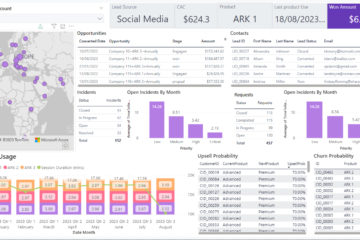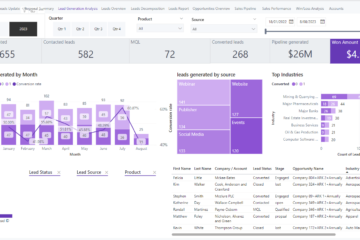Recently, I embarked on a text analytics project: diving deep into user reviews for the Threads app. Threads is carving a niche for itself in the communication and social networking realm. But beyond the ratings and stars, what are users really saying? That was the enigma I set out to unravel.
1. The Curiosity Spark
As the dataset unfolded before me, revealing a treasure trove of 40,435 reviews, a mixed bag of emotions took over. Reviews are like the heartbeats of an app. Each one pulsates with genuine experiences, moments of delight, or instances of dismay. My task? To interpret these heartbeats and understand the app’s health.
2. Setting the Stage
Before venturing into the depths, I familiarized myself with the landscape. A few pointers I gathered:
- Total Entries: 40,435
- Average Rating: 3.30
- Rating Range: 1 to 5
With no missing data, the runway was clear for a smooth analytical take-off.
3. Deciphering the Sentiment Code
Sentiment is subtle, often lying between lines, sometimes right on the surface. To categorize the sentiments, I designed a simple yet effective lens:
- Positive Sentiment: Ratings of 4 and 5
- Neutral Sentiment: Rating of 3
- Negative Sentiment: Ratings of 1 and 2
The big picture started emerging:
| Sentiment | Percentage |
|---|---|
| Positive | 54.50% |
| Negative | 37.64% |
| Neutral | 7.86% |
A majority seemed pleased, yet a significant chunk voiced concerns.
4. Beyond Numbers: The Word Web
To go beyond mere numbers, I decided to delve into the textual realm. What were the most echoed words in each sentiment category? After refining the reviews, filtering out common words and focusing on relevance, the pattern was intriguing:
Positive Highlights:
- ‘Good’
- ‘Nice’
- ‘Like’
- ‘Better’
- ‘Great’
Neutral Highlights:
- ‘Like’
- ‘Good’
- ‘Dont’
- ‘People’
- ‘See’
Negative Highlights:
- ‘Account’
- ‘Cant’
- ‘Dont’
- ‘Like’
- ‘Copy’
While the praise revolved around qualitative terms like ‘good’ and ‘nice’, grievances often pointed towards functionality aspects like ‘account’ issues or limitations (‘cant’).
5. Reflecting on the Journey
Diving into this sea of reviews was akin to navigating the vast ocean of user emotions. With every positive review, I felt the user’s satisfaction. Each negative remark was a call to action, a push towards improvement.
Data, when observed closely, whispers tales of real experiences. This project was a testament to that. As I wrapped up, the gratitude for those sharing their experiences and the awe for the power of data analysis swelled in me.
Stay curious, stay analytical, and until next time, dive deep into data!



0 Comments